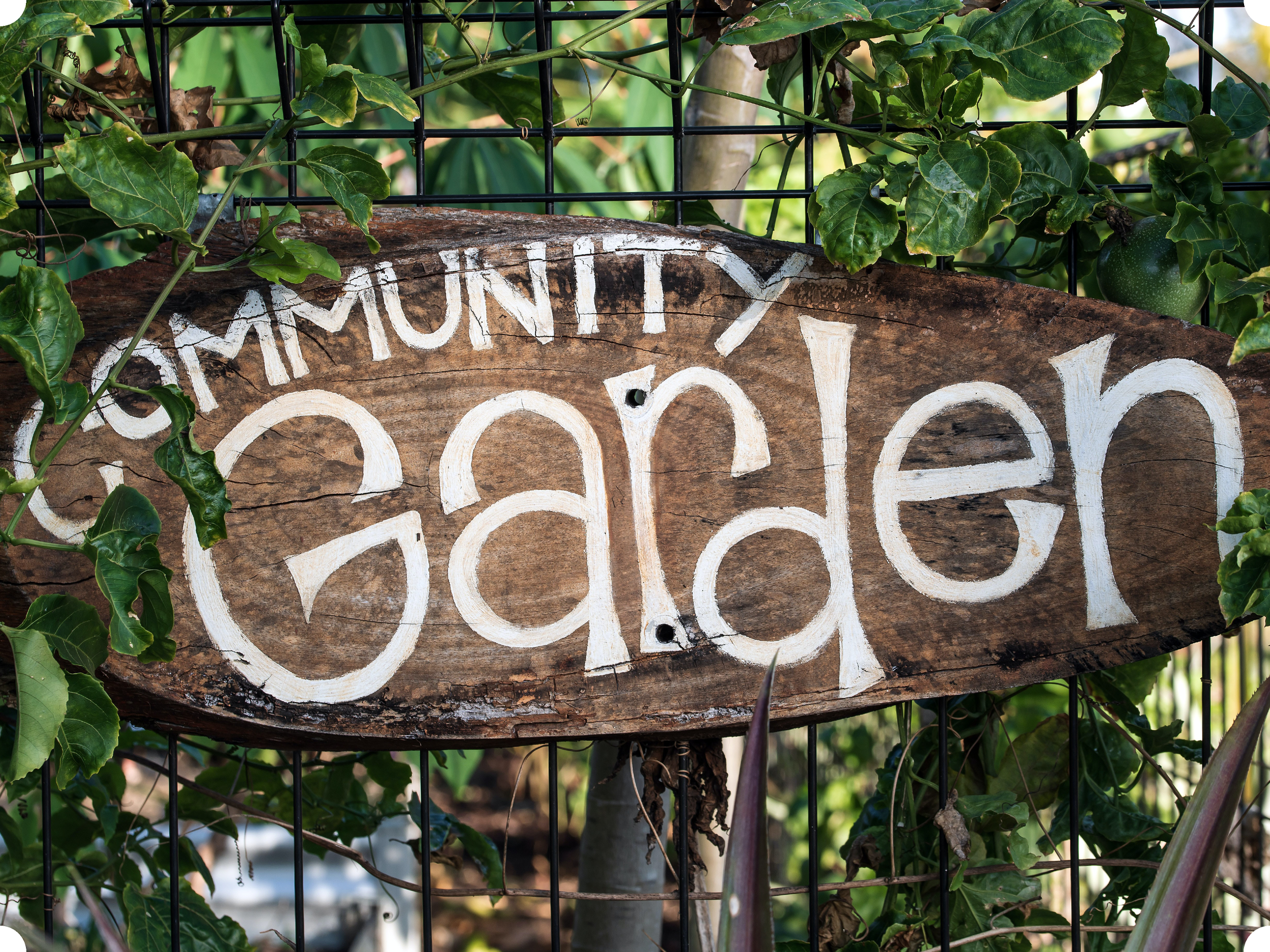
Driving Change IN our COMMUNITy
ADVICE & COMMUNITY INITIATIVES
Using peat-free compost
Compost is changing to become peat-free. The new compost looks, feels and smells different to peat. Gardening habits need to change to get the best results from this new compost.
Treasure Gardening has led a new partnership of companies committed to helping gardeners get the best results from peat-free compost by providing accurate and simple guidance. These simple steps will help plants thrive.
Buy Wisely
Choosing the right compost is key to healthy plants and saving money. Here’s a quick guide:
Sowing Seeds? Look for seed and cutting compost.
Potting and Containers? Use multi-purpose compost or specific container and basket compost.
Soil Improver? Using home-made compost will save money otherwise choose a specific soil improver or farmyard manure.
House plants? – use a house plant compost or a specific mix for plants such as cacti, citrus, orchids or bonsai.
Reduce Weeds and Watering? Use mulches like bark or coir chip to keep moisture in and block weeds.
Growing Acid-Loving Plants? Choose a special ericaceous peat-free mix for acid loving plants like rhododendrons, camellias and azaleas.
Using Peat-Free Compost Wisely
Check Moisture Levels: Peat-free compost can appear dry on the surface while remaining wet underneath. To avoid over-watering, check moisture by sticking your finger into the compost or lifting the pot to gauge its weight. If it is heavy or feels moist below the top 2cm’s of the surface, it likely has enough water.
Monitor Plant Health: Keep a close eye on your plants. Signs that they may need feeding include slowed growth, pale leaves, or fewer flowers. If you notice these changes, start feeding regularly with a balanced, all-purpose plant food. To be on the safe side you can use a mild liquid feed from two weeks after potting.
Proper Storage: Store your compost in a cool, dry place to maintain its quality and effectiveness.
Tips
Buy fresh compost each season and store in a dry space.
Check out the independent Responsible Sourcing Scheme to learn more about your peat-free compost.
Community Initiatives
Treasure Gardening is committed to using our knowledge and resources to inspire widespread change. Our team has —
Created Enrich the Earth working with Community Gardens across the North-East of England helping them to grow peat-free.
Created an External Advisory Group helping to share best practice and new ideas across the horticultural sector.
Identified the legislative barriers that are hindering the transition to a more circular economy in growing and are working with Seahorse Environmental to build a wide coalition of supportive organisations.
Led a new coalition of organisations seeking to provide gardeners with accurate and consistent advice on how to grow peat free.




